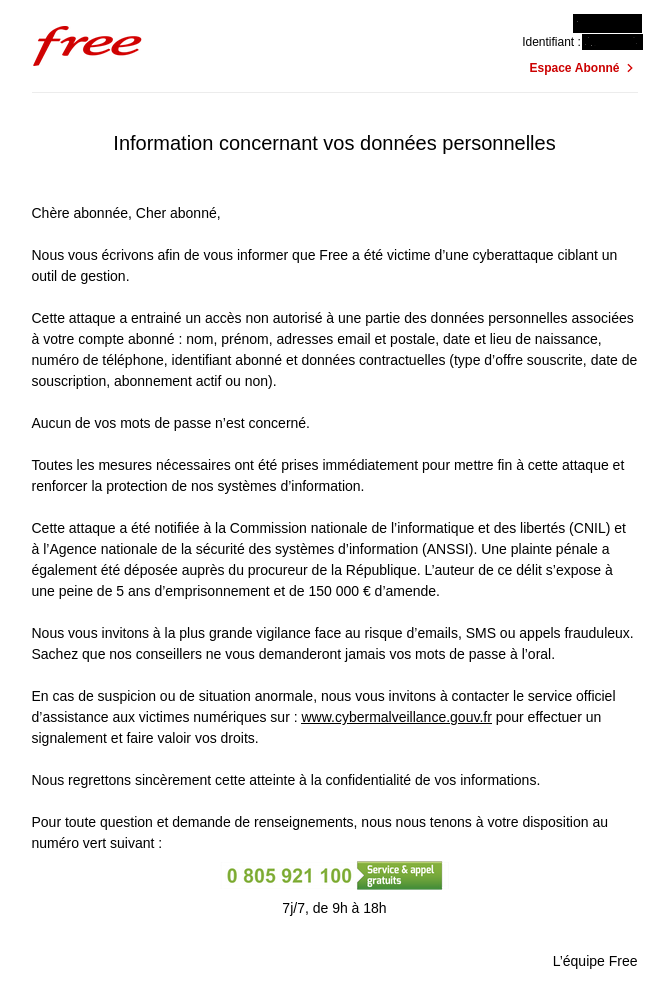What?
I will be holding the fifteenth of the secondary slot/sessions for the Reading Club, also on "The Book" ("The Rust Programming Language"). We are using the Brown University online edition (that has some added quizzes & interactive elements).
Last time we began chapter 7 (Managing Growing Projects with Packages, Crates, and Modules), and read up through section 7.3 (Paths for Referring to an item in the Module Tree). This time we will start at section 7.4 (Bringing Paths Into Scope with the use Keyword).
Previous session details and recording can be found in the following lemmy post: https://jlai.lu/post/8006138
Why?
This slot is primarily to offer an alternative to the main reading club's streams that caters to a different set of time zone preferences and/or availability.
(also, obviously, to follow up on the previous session)
When ?
Currently, I intend to start at 18:00 UTC+2 (aka 6pm Central European Time) on Monday (2023-07-01). If you were present for a previous session, then basically the same time-of-day and day-of-week as that one was.
EDIT: here's the recording: https://youtu.be/RI4D62MVvCA
Please comment if you are interested in joining because you can't make the main sessions but would prefer a different start time (and include a time that works best for you in your comment!). Caveat: I live in central/western Europe; I can't myself cater to absolutely any preference.
How ?
The basic format is: I will be sharing my computer screen and voice through an internet live stream (hosted at https://www.twitch.tv/jayjader for now). The stream will be locally recorded, and uploaded afterwards to youtube (for now as well).
I will have on-screen:
- the BU online version of The Book
- a terminal session with the necessary tooling installed (notably
rustup, cargo, and clippy)
- some form of visual aid (currently a digital whiteboard using www.excalidraw.com)
- the live stream's chat
I will steadily progress through the book, both reading aloud the literal text and commenting occasionally on it. I will also perform any code writing and/or terminal commands as the text instructs us to.
People who either tune in to the live stream or watch/listen to the recording are encouraged to follow along with their own copy of the book.
I try to address any comments from live viewers in the twitch chat as soon as I am aware of them. If someone is having trouble understanding something, I will stop and try to help them get past it.
Who ?
You! (if you're interested). And, of course, me.

Math underlies programming in a similar fashion to how physics underlies automobile driving. You don't ever need to know about newton's laws of motion to pass your driver's license and never get a ticket until you die. At the same time, I will readily claim that any driver that doesn't improve after learning about newton's laws of motion had already internalized those laws through experience.
Math will help your intuition with how to tackle problems in programming. From finding a solution to anticipating how different constraints (notably time and memory) will affect which solutions are available to you, experience working on math problems - especially across different domains in math - will grease the wheels of your programmer mind.
Math on its own will probably not be enough (many great mathematicians are quite unskilled at programming). Just as driving a car is about much more than just the physics involved, there is a lot more to programming than just the math.